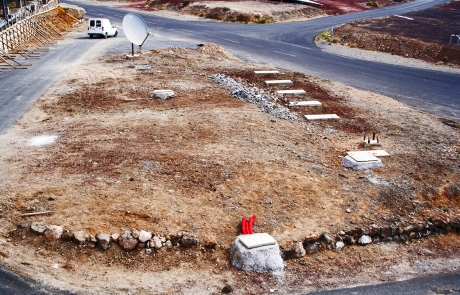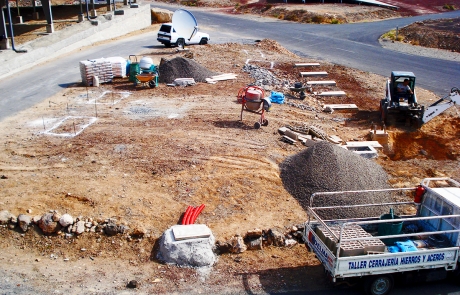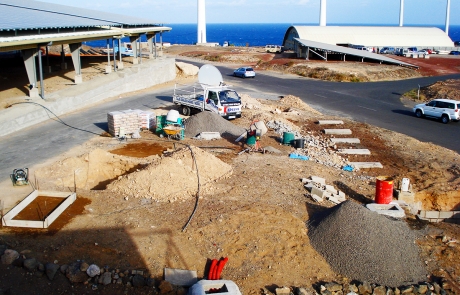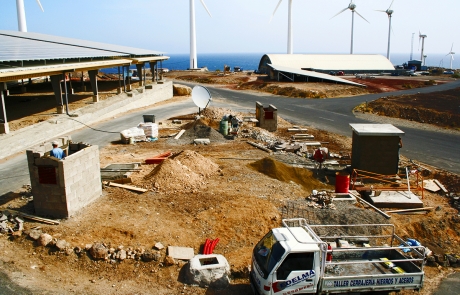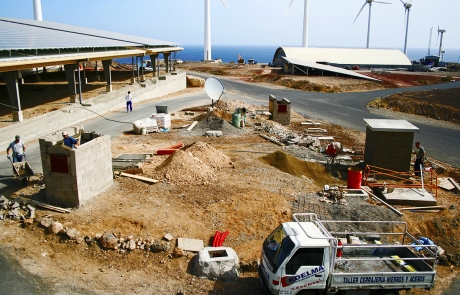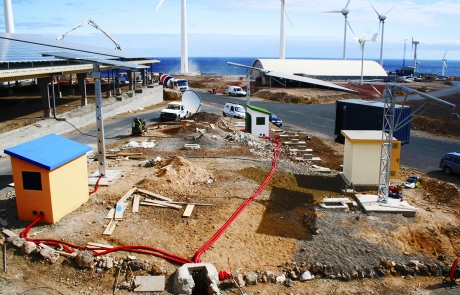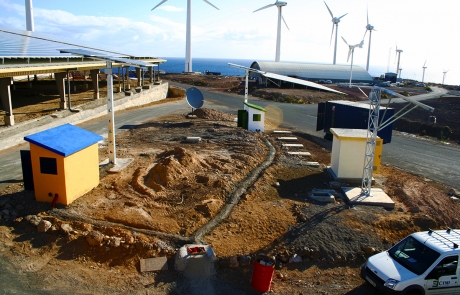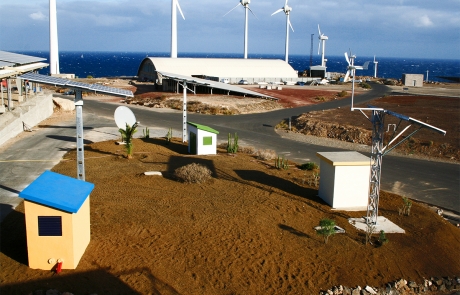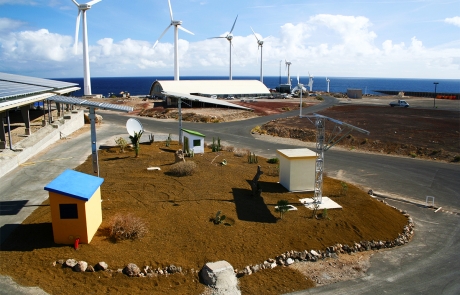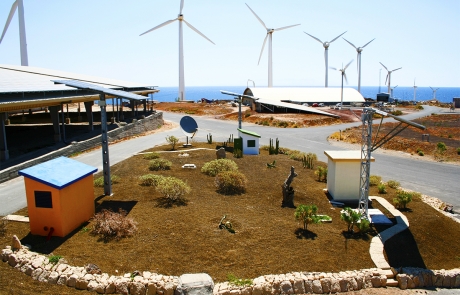Apoyo Técnico en el desarrollo de las actividades del Programa EURO-SOLAR
Objetivo general
El objetivo general del Programa EURO-SOLAR fue promover las energías renovables en los 8 países más desfavorecidos de América Latina (Bolivia, Ecuador, El Salvador, Guatemala, Honduras, Nicaragua, Paraguay y Perú) para contribuir a la mejora de las condiciones de vida de las comunidades rurales, apoyándolas en su lucha contra la pobreza, el aislamiento y la marginalización provocados por sus condiciones socioeconómicas.
Objetivo específico
El objetivo específico del Programa EURO-SOLAR consistió en proporcionar una fuente de energía eléctrica renovable para uso estrictamente comunitario a las comunidades rurales beneficiarias, cuyo acceso a la red eléctrica es limitado o inexistente. El Programa representó la instalación de 600 kits de producción de electricidad basados 100% en fuentes renovables. Los beneficiarios finales del Programa se estiman en más de 300.000 personas de 600 comunidades rurales, sin conexión previa a la red de suministro eléctrico.
EURO-SOLAR es un Programa integral, ya que no se limitó tan solo a la instalación y puesta en marcha de los equipos, sino que también incluyó la capacitación a miembros de las comunidades para la gestión y el mantenimiento de los kits y el apoyo en el desarrollo de servicios básicos en las áreas de educación y tecnologías de la información, promoción de la salud y actividades sociales y productivas.
Actividades y Resultados
ITER participó en el proceso de licitación de suministros, preparando las especificaciones técnicas detalladas del equipo técnico, asesorando a la Oficina de Cooperación EuropeAid durante el proceso de evaluación de las ofertas y evaluando los sistemas ofertados para garantizar la conformidad con los requisitos técnicos exigidos. Para la fase de evaluación se montaron unos prototipos de los sistemas preseleccionados en las instalaciones de ITER y se analizó su fiabilidad técnica y de compatibilidad durante un mes.
Desarrollo de una aplicación web para la gestión de la instalación de los equipos en las comunidades beneficiarias. Esta aplicación contó con una parte pública con información general del programa y del estado de las instalaciones y con una parte privada con las siguientes herramientas:
- Gestor de contenidos para asegurar el correcto desarrollo del proyecto: Proceso de instalación, formación de los usuarios y operación y mantenimiento.
- Fichas de comprobación de las instalaciones y de recepción de los equipos, disponibles on-line para poder llevar la comprobación de cada una de las instalaciones.
- Gestión de usuarios.
- Mensajes de alerta para el mantenimiento.
- Servicio de mensajería, servicio de noticias, servicio de foro para la comunicación entre las comunidades y servicio de información de garantía y post-venta.
- Formulario de seguimiento para la monitorización de las instalaciones.
Una vez instalados los equipos en las comunidades, se llevó a cabo la recepción provisional de los kits. En este proceso ITER participó enviado personal técnico altamente cualificado a las comunidades para realizar las primeras verificaciones y entrenar a los equipos locales. El proceso completo se gestionó y documentó desde la aplicación web.
Una vez validadas las instalaciones, se llevó a cabo la monitorización remota de las mismas, a través de la conexión a internet de las comunidades y los formularios de seguimiento.

